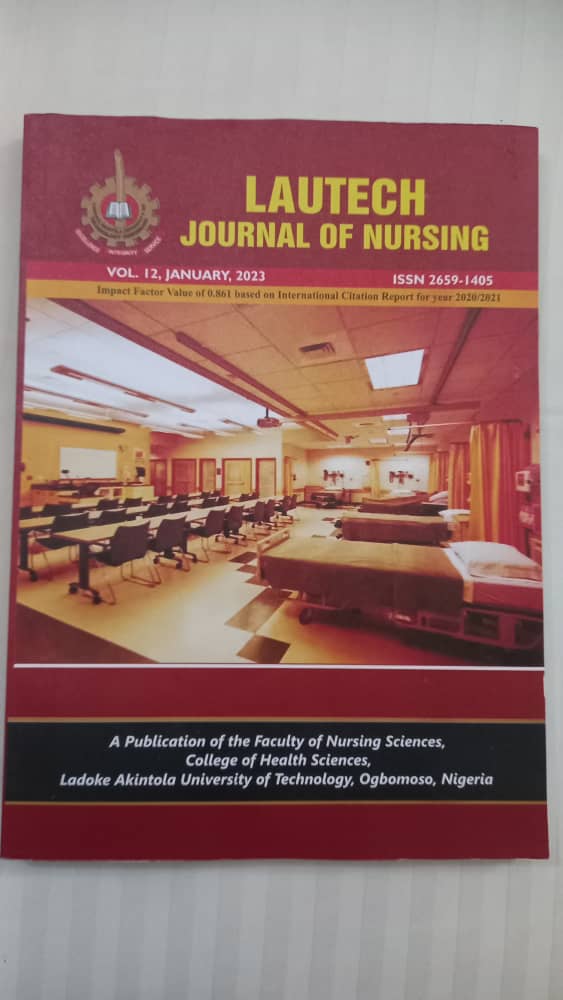This study compared the Quality of nursing programmes in Open Distance Learning with that of Conventional (face-to-face) Learning among nursing undergraduates in Nigeria. A mixed design was adopted. Multistage sampling technique was used to select 1,380, and for qualitative study, 24 nursing students for focus group interview were interviewed across four geopolitical zones in Nigeria. Questionnaire adapted from a model for evaluating e-learning system quality in higher education in developing countries and the Students University Satisfaction Tool-SUST was used to collect quantitative data while focus group discussion was used to collect qualitative data among nursing students aged from 17 to 60 years old. Ethical clearances were obtained from National Health Research Ethics Committee of Nigeria and the selected universities; and informed written consents were obtained from all participants before the commencement of the study. Data collected was analyzed by using Statistical Package for Social Sciences version 23. inferential statistics such as t-test, ANOVA was used to test for the means variation between and within variables. The result of this study indicate that the students perceived the open distance learning (30%) more than the conventional (face-to-face) learning mode (25%). The result also revealed that the students’ level of satisfaction of the conventional (face-to-face) learning mode (34%) is higher than that of the open distance learning (33%). Further result observed that the quality of nursing programme in the conventional (face-to-face) learning mode (33%) is higher than that of the open distance learning (30%). Three hypotheses were tested and findings revealed that there is a significant difference between undergraduate nursing students’ perceived quality of Open Distance Learning and Conventional (face-to-face) learning modes in Nigeria. Secondly, there is a significant difference between undergraduate nursing students’ level of satisfaction of Open Distance Learning and Conventional (face-to-face) learning modes in Nigeria. Lastly, the hypothesis in this study observed that there is a significant difference in the mean variation of quality, satisfaction and challenges with the Open Distance learning and the Conventional (face-to-face) learning among undergraduate nursing students in Nigeria. The study concluded that professional nurses, educators and clinicians need to integrate and adopt blended learning as a learning strategy for quality nursing education in Nigeria.
- IGBINLADE | ADEWUMI | SEGUN | sigbinlade@noun.edu.ng | +2348037252203
- Quality, Assessment, Satisfaction, Nursing Students, Nigeria
- A COMPARISON OF QUALITY OF NURSING PROGRAMME IN OPEN DISTANCE LEARNING WITH CONVENTIONAL FACE-TO-FACE UNIVERSITY LEARNING UNDERGRADUATE STUDENTS' PERSPECTIVE-compressed


